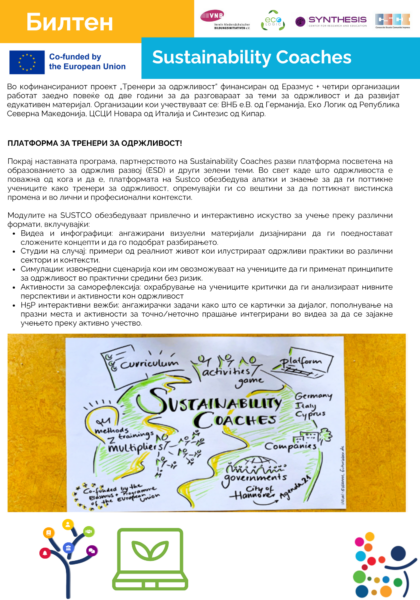Eco Logic is committed to promoting cycling as a sustainable and healthy mode of transportation. Through the Re-Cycling: Bike Reuse and Riding Fair project, we have worked to integrate circular economy principles into cycling events, ensuring they are environmentally friendly, well-organized, and engaging for the community. Our Guide for Grassroots Cycling and Recreational Events provides valuable insights for event organizers looking to create successful and sustainable cycling events.
Planning a Cycling Event
A well-organized cycling event requires careful planning to ensure safety, accessibility, and environmental responsibility. Key considerations include:
- Choosing the Right Date: Monitoring weather conditions in advance and preparing contingency plans can help avoid last-minute cancellations.
- Route Planning: Selecting safe, accessible routes with clear signage and designated rest stops is essential for participant safety and convenience.
- Participant Support: Providing clear communication, technical assistance, and registration options ensures a smooth experience for attendees.
Sustainability in Cycling Events
Sustainability is at the core of every cycling event. By incorporating circular economy principles, organizers can minimize waste and reduce environmental impact. Some key strategies include:
- Bike Reuse and Repair Workshops: Encouraging participants to repair and reuse bikes instead of discarding them helps extend product life and reduce waste.
- Eco-Friendly Event Practices: Using refill stations for water, compostable materials for food packaging, and effective waste management systems promotes sustainability.
- Low-Impact Mobility: Promoting public transportation and cycling infrastructure ensures that events contribute to long-term environmental goals.
Ensuring Safety and Accessibility
Safety measures are critical for successful cycling events. Organizers should:
- Develop a detailed safety plan, including emergency response procedures and medical assistance.
- Work with local authorities to coordinate road closures and manage traffic effectively.
- Provide clear event signage to help participants navigate routes and understand safety protocols.
The Impact of Grassroots Cycling Events
Cycling events play a crucial role in fostering active lifestyles and building community engagement. By integrating sustainability and accessibility, these events can serve as a model for future initiatives. The Re-Cycling project has demonstrated that with the right approach, cycling fairs and training programs can promote long-term environmental awareness and encourage the use of bicycles as a primary mode of transport.
For more details on how to plan and execute a successful grassroots cycling event, follow Eco Logic on social media . Let’s work together to make cycling more accessible, sustainable, and enjoyable for all.
Funded by the European Union. Views and opinions expressed are however those of the author(s) only and do not necessarily reflect those of the European Union or the European Education and Culture Executive Agency (EACEA). Neither the European Union nor EACEA can be held responsible for them.



